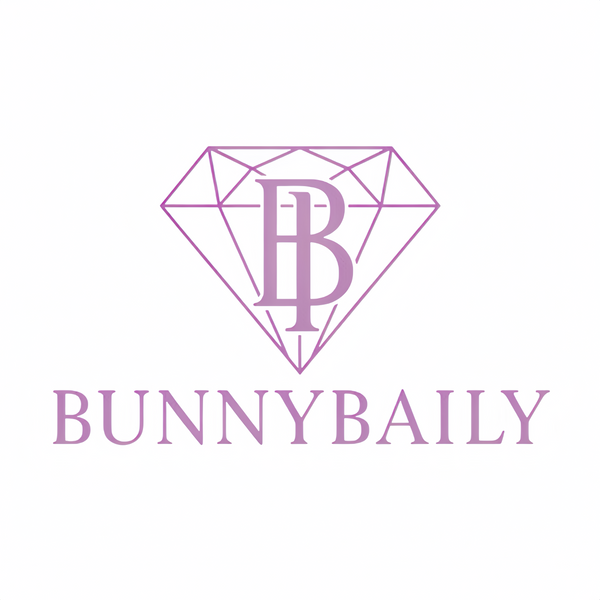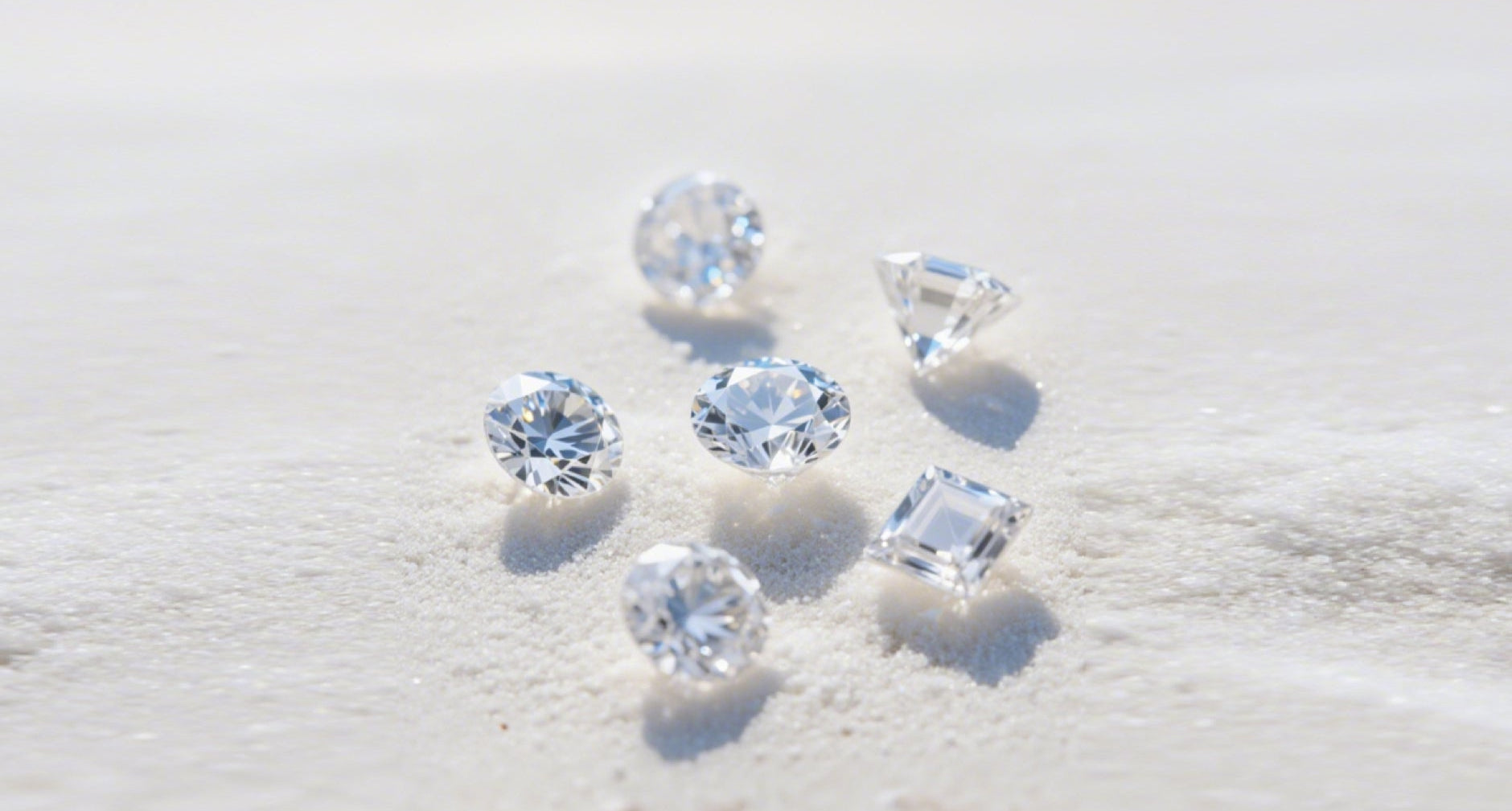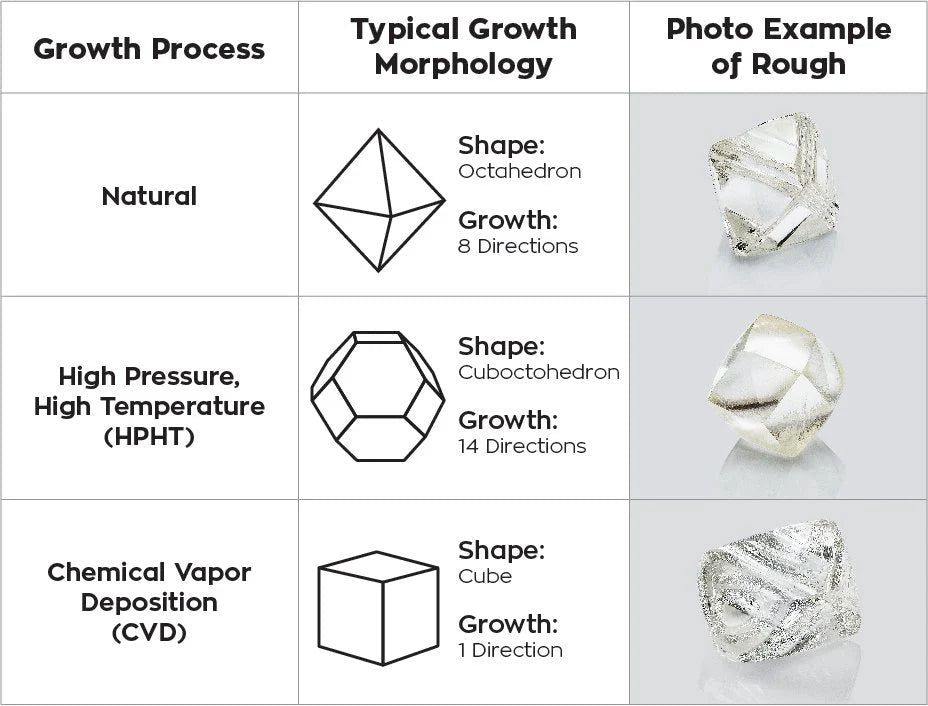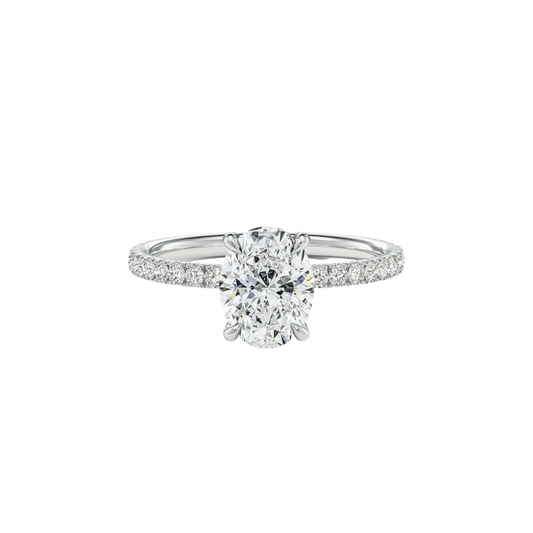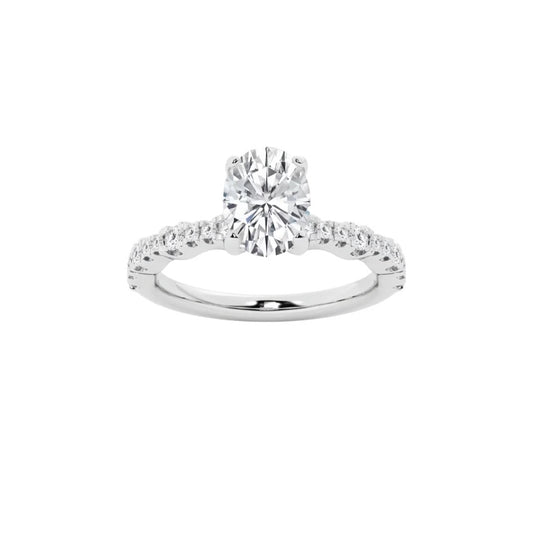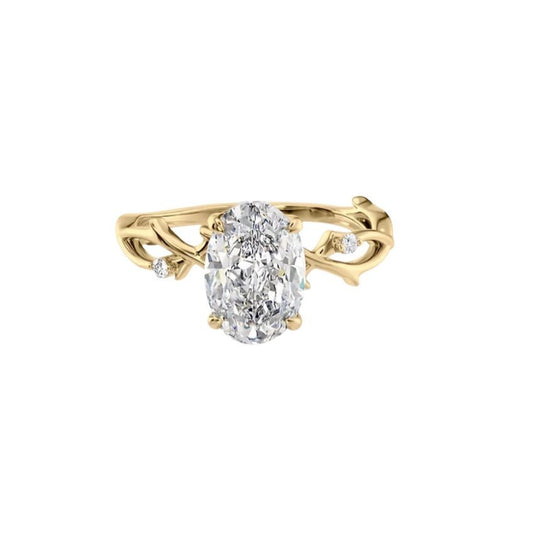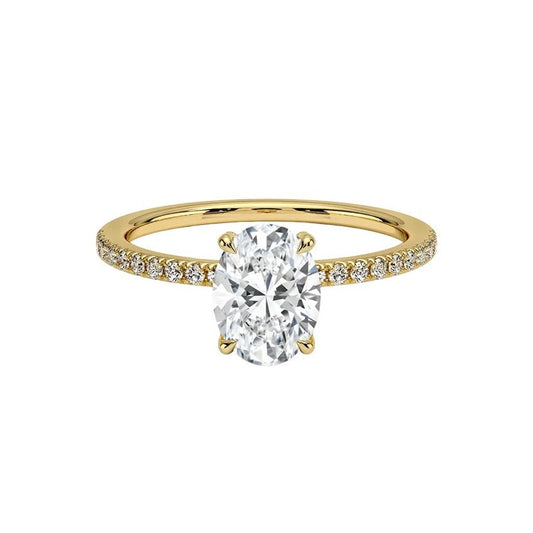What Are Conflict-Free Diamonds?
Blood diamonds, or conflict diamonds, are mined in war zones. They are sold to fund armed conflicts and have caused humanitarian crises. The Kimberley Process Certification Scheme (KPCS) started in 2003. Its goal is to certify that rough diamonds are conflict-free and sourced legally.
The KPCS does not address all ethical concerns. Natural diamond supply chains are still complicated. This creates gaps in transparency and accountability. Consumers increasingly demand conflict-free diamonds, ethical diamonds, and sustainable diamonds.
Kimberley Process, KPCS
The Kimberley Process Certification Scheme (KPCS) is a worldwide system. It aims to prevent "blood diamonds" from being sold on the market.It requires countries to issue official certificates for rough diamond exports. These countries must also enforce local regulations for diamond trade. Since 2003, the KPCS has played a major role in disrupting the use of rough diamonds to fund insurgencies. It focuses only on diamonds used for this purpose. It does not cover every ethical or environmental issue.
Key Mechanisms of Conflict-Free Diamonds
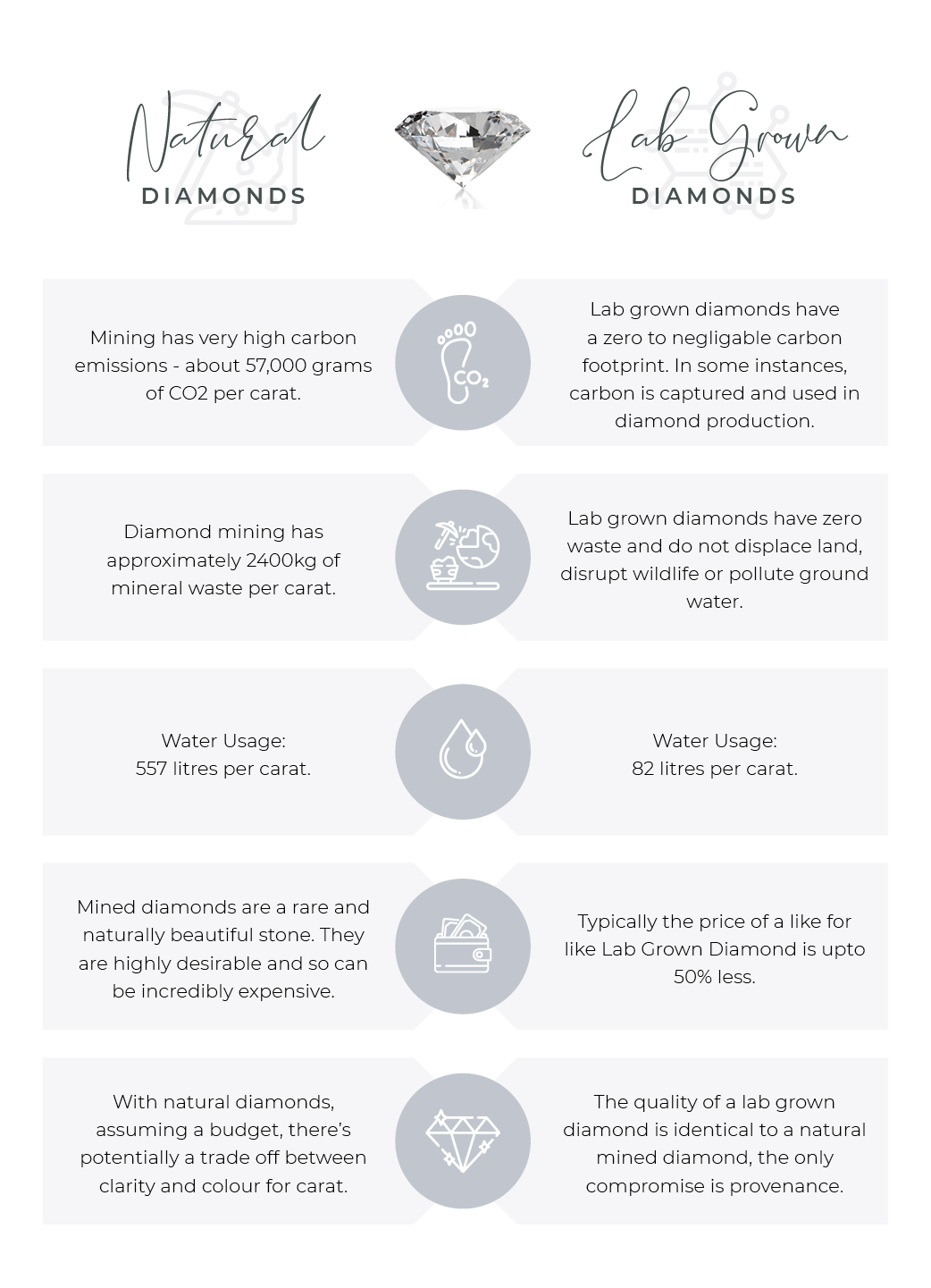
- The Kimberley Process requires a certificate for rough diamonds. This helps prevent the trade of conflict diamonds.
- Supply Chain Traceability – Retailers must track diamonds from mine to market.
- Consumer Trust – Buyers seek jewelry that reflects values like responsible sourcing and sustainability.
The Kimberley Process has its limits. Because of this, many people prefer lab-grown options.
Here is the difference between laboratory diamonds and mine diamonds
Lab-Grown = Truly Conflict-Free
Lab-grown diamonds from BunnyBaily are conflict-free. They are made in controlled labs and do not fund violence or unethical labor.
They highlight three major advantages:
- 100% Conflict-Free – No risk of supporting armed conflict.
- More Affordable – Lower production costs lead to better value.
- Ethically Sourced – jewelry avoids exploitative labor. It also steers clear of conflict zones. This aligns with what customers want—moral and responsible practices
Why Lab-Grown Diamonds Are 100% Conflict-Free
- Transparent Origin – Made in labs, not mines. Developed with HPHT (High Pressure High Temperature) or CVD (Chemical Vapor Deposition) methods.
- Eco-Friendly and Ethical. No mining required. These diamonds are better for the planet and people.
- Fully Traceable – Labs can trace every diamond back to its creation point.
- Same Quality – Looks just like natural diamonds. Often comes with GIA or IGI certification.
Though the Kimberley Process helped reduce conflict diamonds, lab-grown diamonds offer undeniable, 100% conflict-free assurance. They combine beauty, affordability, and ethical transparency—making them the smart, sustainable choice for today’s conscientious buyers.
FAQs- Frequently Asked Questions
Q: What does “conflict-free diamond” mean?
A diamond that is conflict-free. It has been verified through programs like the Kimberley Process.
Q: Are all natural diamonds conflict-free?
Not always. Despite certifications, some mined diamonds may still pass through opaque supply chains.
Q: Are lab-grown diamonds conflict-free?
Absolutely. Grown in labs under controlled conditions, they avoid all mining-related ethical issues.
Q: Why choose lab-grown over mined diamonds?
Lab-grown diamonds are transparent, sustainable, affordable, and free from conflict.
Q: Do lab-grown diamonds look like mined ones?
Yes. They have the same chemical makeup and optical qualities. Many are also professionally certified.
SHOP NOW
-
1 Carat Hidden Halo Oval Diamond Ring In 14K White Gold
Regular price $2,480.00 USDRegular priceUnit price per -
1.2 Carat Oval Diamond Engagement Ring In 14K White Gold
Regular price $2,600.00 USDRegular priceUnit price per -
1.2 Carat Oval Solitaire Engagement Ring In 14K Yellow Gold
Regular price $2,800.00 USDRegular priceUnit price per -
1.25 Carat Oval Diamond Hidden Halo Ring In 14k Yellow Gold
Regular price $2,800.00 USDRegular priceUnit price per
